Venezuelan Opposition Leader María Corina Machado Wins 2025 Nobel Peace Prize
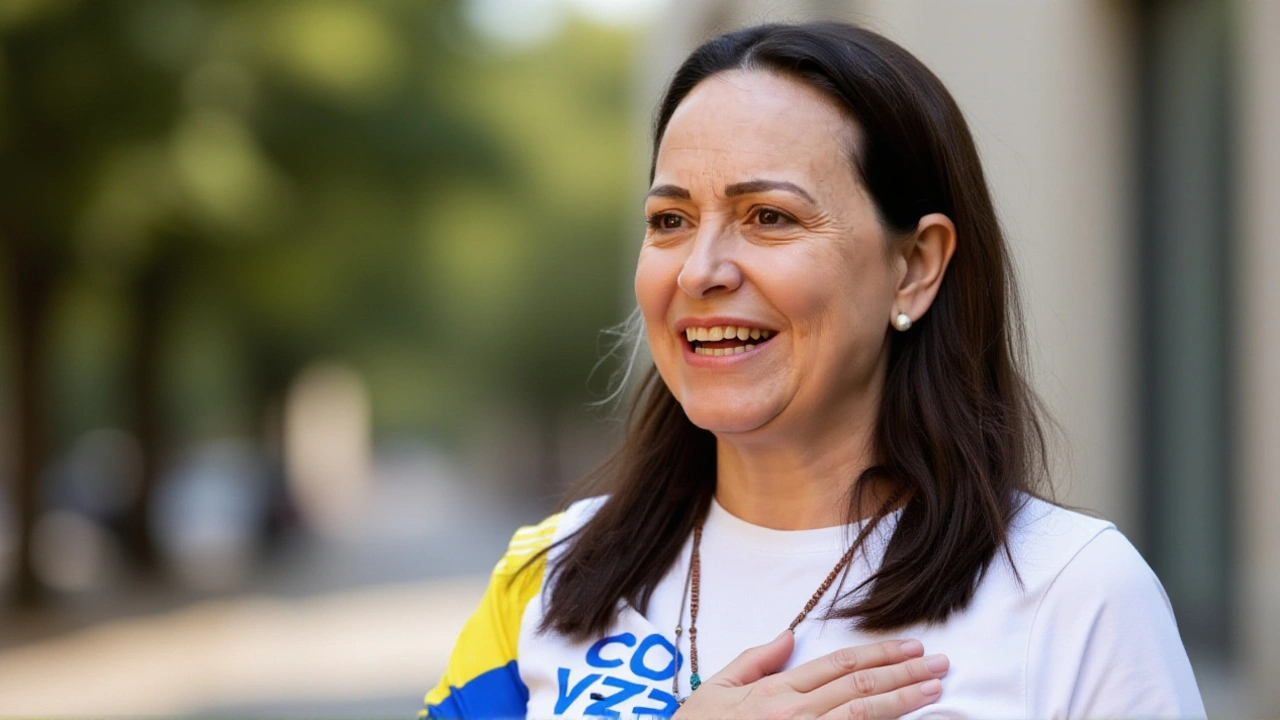
When María Corina Machado, Venezuelan opposition leader and industrial engineer, was named the 2025 Nobel Peace Prize laureate, the world paused.
The announcement came at 11:00 AM CET on 10 October 2025, delivered by the Norwegian Nobel Committee in Oslo. The prize, traditionally presented on 10 December, will be awarded at the 2025 Nobel Peace Prize ceremonyOslo, though Machado is expected to remain in hiding within Venezuela.
Here’s why this matters: Machado’s decades‑long, non‑violent fight for democracy has kept a flicker of hope alive for a nation crippled by hyperinflation, food shortages, and systematic repression. Her recognition signals that the international community still cares, even when the Maduro regime tries to silence dissent.
Background: A Lifetime of Resistance
Born in Caracas in 1967, Machado earned a degree in industrial engineering before plunging into activism. At 25 she founded the Atenea Foundation, a program for street‑children that still operates today. Ten years later she co‑created Sumate, a watchdog that helped monitor the 2004 recall referendum—a rare moment when Venezuelan citizens briefly challenged Hugo Chávez’s grip on power.
Electoral success came in 2010, when she won a historic 284,712 votes to become a member of the National Assembly. From that podium she denounced the regime’s abuse of power, warned of a looming humanitarian disaster, and survived multiple threats. By 2014, after she addressed the OAS in Washington, D.C., Diosdado Cabello had her expelled from the Assembly in a move the Inter‑American Commission on Human Rights later called illegal.
In 2013 she helped launch Vente Venezuela, a movement that now claims 15,000 members across all 23 states. Two years later she co‑founded Soy Venezuela, a coalition that unites more than 40 parties, unions and NGOs—about 60 % of the opposition’s organized force.
The Nobel Announcement and Its Immediate Impact
When the committee named Machado, the headline instantly rippled through Caracas’ underground networks. On social media, encrypted groups posted screenshots of the Nobel press release, accompanied by messages like, “Justice finally heard us.” Within hours, the regime’s state media aired a muted segment, calling the award “an interference in Venezuela’s internal affairs.”
Internationally, the reaction was swift. European Union High Representative Josep Borrell said, “This prize underscores the resilience of Venezuelans who refuse to accept tyranny.” The United Nations Special Rapporteur on Human Rights in Venezuela, Volker Türk, tweeted that the Nobel “reinforces the legitimacy of civil society’s demand for free elections.”
Financial markets also felt a tremor. The Caracas‑based currency, the bolívar, steadied for a brief 0.7 % after a day of sharp devaluation, as investors interpreted the award as a sign that sanctions might tighten against the Maduro government.
Reactions from Caracas to Oslo
In the capital, supporters gathered in clandestine squares, chanting Machado’s name while chanting “¡Libertad!”. One protester, 32‑year‑old teacher Ana López, whispered, “Even if she can’t step out of the house, her voice is now louder than ever.”
Meanwhile, in Oslo, the Nobel Peace Center prepared a special exhibition titled “Courage in the Shadow of Repression.” Curators displayed a replica of the Atenea Foundation’s schoolbooks alongside a timeline of Venezuelan protests, from the 2014 street clashes to the 5.3 million‑person demonstrations of February 2019.
Machado herself will not travel to Norway. A spokesperson for Vente Venezuela confirmed that a trusted delegate will accept the medal on her behalf, citing “security concerns” and “the risk of forcible extraction by intelligence services.” The delegate is expected to read a prepared statement that references the 2024 Supreme Tribunal of Justice ruling that barred Machado from holding public office for 15 years.
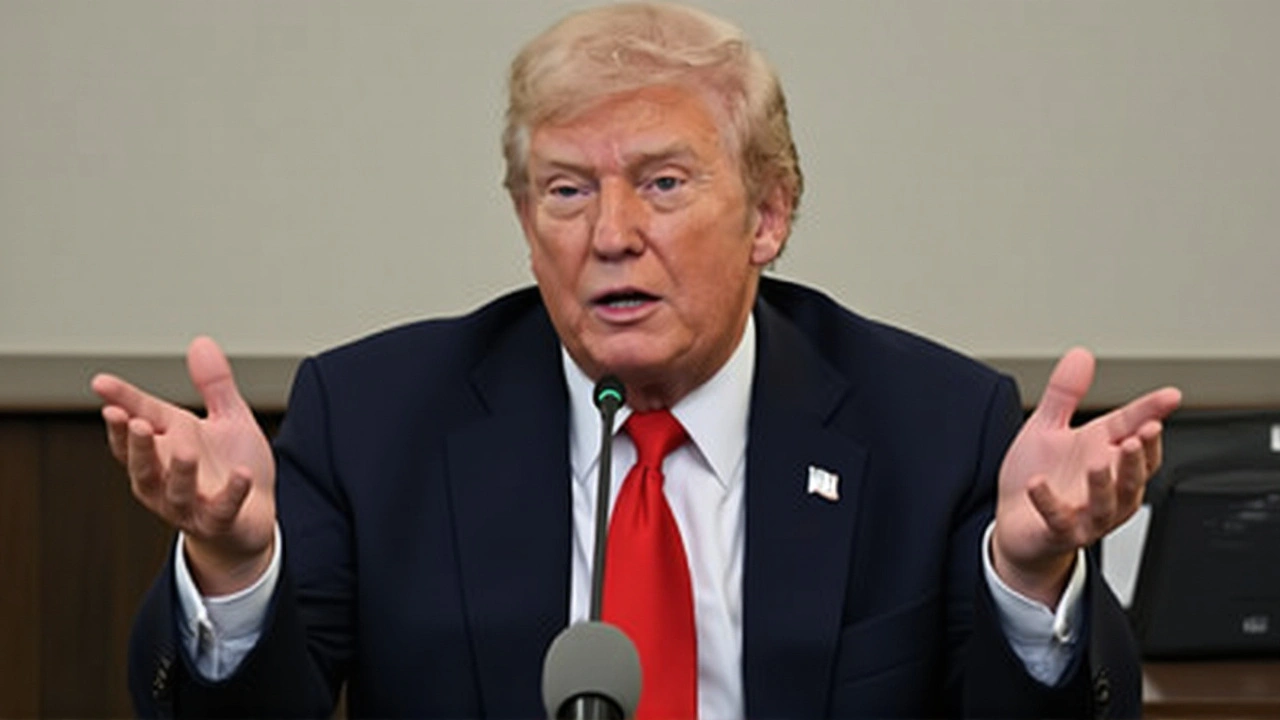
What the Prize Means for Venezuela’s Struggle
- Visibility: The Nobel thrust the Venezuelan opposition onto the global stage, making it harder for authoritarian narratives to dominate international discourse.
- Legitimacy: Formerly dismissed as “foreign‑backed,” opposition groups can now cite a Nobel‑backed endorsement when courting diplomatic allies.
- Pressure on Maduro: The regime may face renewed sanctions from the EU and the United States, especially if the Nobel Committee’s citation highlights “systematic violations of human rights.”
- Internal morale: Grassroots activists report a surge in recruitment; a recent encrypted poll showed a 12 % increase in people willing to join clandestine cells.
Critics argue the prize could backfire, giving the regime a pretext to label Machado a “foreign agent” and tighten surveillance. Yet most analysts, including Dr. Luis Mendoza of the University of Cambridge’s Latin American studies department, believe the benefits outweigh the risks: “History shows that external validation can protect dissidents, because any harm to them becomes a diplomatic flashpoint.”
Looking Ahead: Possible Futures for Machado and the Opposition
With the 2025 Nobel ceremony on the horizon, several scenarios are emerging. If the international community ramps up diplomatic pressure, we could see a new round of negotiations, perhaps mediated by Norway or the OAS. On the other hand, Maduro’s inner circle might double down, using the award as propaganda to claim “foreign interference” and justify harsher crackdowns.
For Machado, the next months will be about translating symbolic recognition into concrete leverage. She has already hinted at a “peaceful transition roadmap” that calls for a national dialogue, monitored elections, and a humanitarian corridor for food and medicine.
Whatever unfolds, one thing is clear: the Nobel Peace Prize has turned the spotlight from a lone activist in hiding to a whole movement demanding change. Whether that light will be enough to melt the steel walls of authoritarian rule remains to be seen, but the fact that we’re still talking about it proves the opposition’s fire still burns.
Frequently Asked Questions
How does the Nobel Prize affect Venezuelans living under Maduro’s rule?
The award brings global attention to the crisis, making it harder for the regime to act with impunity. It also energises protest networks; recent encrypted surveys show a 12 % rise in people willing to join opposition cells after the announcement.
What legal obstacles prevent Machado from running for president?
On 19 June 2024, Venezuela’s Supreme Tribunal of Justice issued ruling 245‑2024, banning her from public office for 15 years on unproven corruption claims. The decision was condemned by the EU and the United Nations as a breach of democratic rights.
Who will receive the Nobel medal on Machado’s behalf?
A senior delegate from Vente Venezuela will accept the medal in Oslo, citing security concerns that prevent Machado from travelling abroad.
What are the chances of new sanctions after the Nobel announcement?
Analysts say the prize increases pressure on the European Union and United States to tighten existing sanctions, especially targeting the regime’s oil revenues and the intelligence services that monitor opposition figures.
Will the Nobel Committee’s citation influence future Venezuelan elections?
The citation explicitly praises non‑violent resistance and democratic restoration, which could strengthen the opposition’s claim to legitimacy in any future electoral process and provide leverage in international mediation efforts.

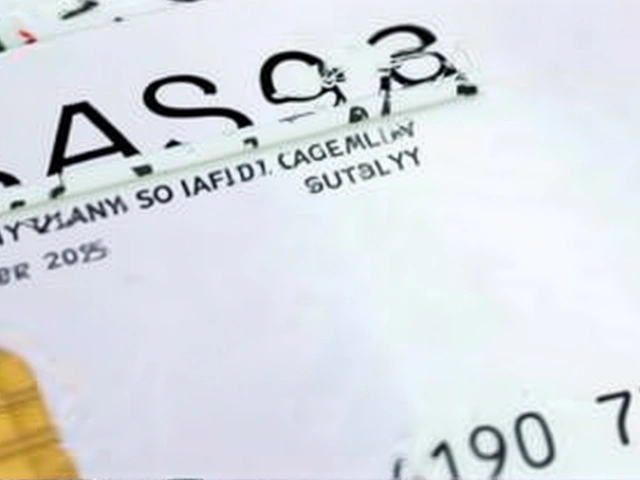
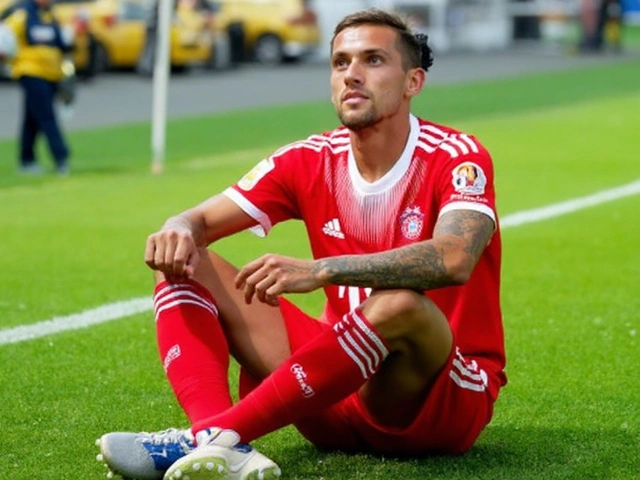
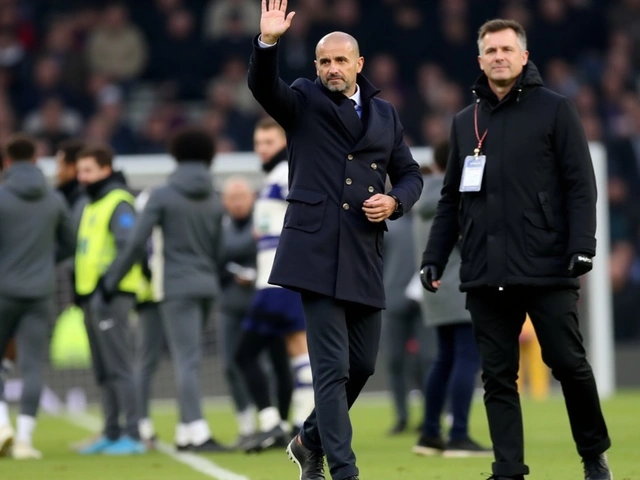
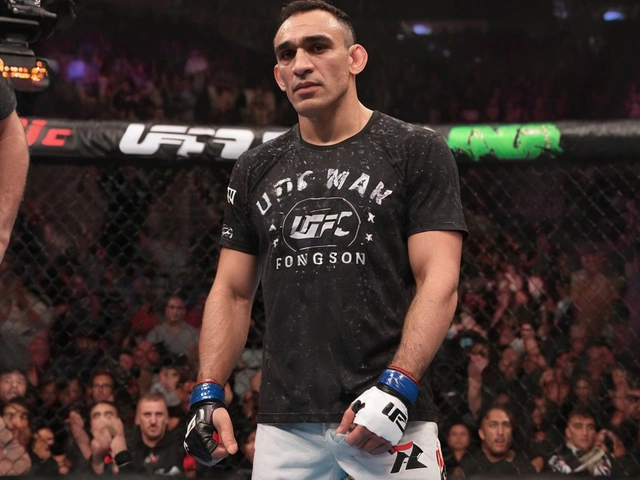
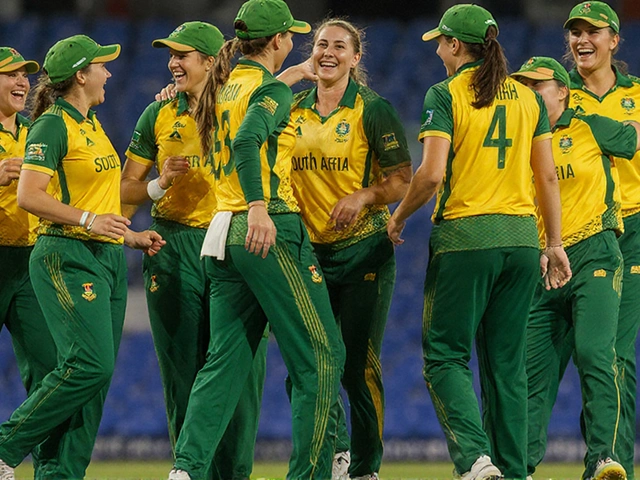
Henry Cohen
October 11, 2025 AT 02:56Nobel? More like Nobel for the West's agenda they love to hand out medals to politicians they can use
Mark Langdon
October 11, 2025 AT 04:20Look, the award shines a needed spotlight on Venezuelans who endure oppression daily – it’s not a Western puppet move, it’s genuine solidarity.
Ciara Russell-Baker
October 11, 2025 AT 06:00People keep sayin this won’t change anything but honestly it pushes the regime’s lies into the open – finally some real cred for the opposition.
Aaron Samarita
October 11, 2025 AT 07:06Exactly, and the drama of a hidden activist getting a Nobel is pure gold for the global media circus. The real heroes keep fighting on the streets, not on the red carpet.
Daisy Pimentel
October 11, 2025 AT 08:30We must ask ourselves whether accolades without action become hollow symbols; true justice demands that the world move beyond applause to concrete pressure on the Maduro regime.
Ellen Ross
October 11, 2025 AT 09:28While the Nobel confers a veneer of legitimacy, one must recognize the inherent elitism of a Euro‑centric institution bestowing honors upon a figure shrouded in clandestine operations – a paradox that fuels the very narrative the regime seeks to construct.
Fabian Rademacher
October 11, 2025 AT 11:08Don’t you see this is just the tip of the iceberg? The Nobel is a cover for a global cabal trying to steer the narrative and keep us blind to the real power structures.
Terrell Mack
October 11, 2025 AT 11:58Seriously, good point. Even if it’s a framing tool, the attention it brings can help ordinary Venezuelans keep hope alive.
Dawn Waller
October 11, 2025 AT 13:21Oh great, another Nobel – because the world definitely needed a fancy metal to solve a decades‑long humanitarian disaster. Fine, lets all clap while the people keep starving.
Grace Melville
October 11, 2025 AT 14:28Exactly, it’s a step forward, even if tiny 😊
Ashlynn Barbery
October 11, 2025 AT 16:08In a measured assessment, the Nobel distinction may serve as a diplomatic lever, yet its efficacy will ultimately depend upon the coordinated response of the international community to sustain pressure on authoritarian structures.
Sarah Graham
October 11, 2025 AT 16:58Agreed, let’s keep encouraging each other.
Jauregui Genoveva
October 11, 2025 AT 18:21People love to celebrate while ignoring that justice isn’t a trophy; it’s a lifelong commitment to human dignity – no emojis needed, just action. 🙌
Quinten Squires
October 11, 2025 AT 19:28The Nobel Peace Prize awarded to María Corina Machado is more than a symbolic gesture; it is a concrete acknowledgment of a sustained non‑violent resistance that has persisted despite formidable state repression. In examining the historical context, one observes that Venezuela’s trajectory over the past two decades has been marked by systematic curtailment of civil liberties, hyperinflation, and an erosion of democratic institutions. Machado’s activism, originating from her early involvement with the Atenea Foundation, illustrates a strategic blend of grassroots mobilization and international advocacy. Her role in establishing Sumate and later leading coalitions such as Vente Venezuela and Soy Venezuela demonstrates an adept capacity to unify disparate opposition factions. The Nobel Committee’s citation emphasizes “non‑violent resistance and democratic restoration,” aligning with the broader theory that external validation can serve as a protective shield for dissidents, as noted by scholars like Dr. Luis Mendoza. Moreover, the award has triggered measurable economic ripples; the bolívar’s brief stabilization suggests investor sentiment can shift in response to perceived diplomatic leverage. The psychological impact on Venezuelan civil society cannot be understated: encrypted polls indicate a 12 % surge in individuals willing to join clandestine networks, reflecting a renewed morale. Yet, the risk of governmental backlash persists, with the regime likely to exploit the award as propaganda, labeling Machado a foreign agent. This duality underscores the necessity for coordinated international sanctions and diplomatic engagement to translate symbolic recognition into substantive pressure. In sum, the Nobel prize functions as both a beacon of hope and a strategic fulcrum that, if wielded wisely, may accelerate the path toward a negotiated, democratic transition.
Tyler Manning
October 11, 2025 AT 21:08From a nationalistic standpoint, the elevation of a Venezuelan dissident by a foreign entity underscores the intrusive nature of external interventions, which often overlook the sovereignty and cultural particularities of the nation in question, thereby perpetuating a form of neo‑imperialism that seeks to undermine legitimate domestic governance structures.
james patel
October 11, 2025 AT 22:06The geopolitical ramifications entail a recalibration of sanction vectors, wherein the fiscal leverage exerted via oil‑revenue interdiction aligns with multilateral diplomatic frameworks to incentivize regime compliance with normative democratic benchmarks.
Scarlett Mirage
October 11, 2025 AT 23:30It is incumbent upon us, as enlightened observers, to recognize that the Nobel accolade is not merely a decorative accolade-rather, it constitutes a profound affirmation of collective moral agency, a catalyst for systemic change, and an unequivocal repudiation of authoritarian hegemony.
Ian Sepp
October 12, 2025 AT 00:20The significance of this award is duly noted and warrants further scholarly examination.
Lois Parker
October 12, 2025 AT 01:26Nice move.
Lerato Mamaila
October 12, 2025 AT 02:16From a cultural perspective, celebrating such resilience strengthens communal identity and affirms the shared narrative of hope across borders.